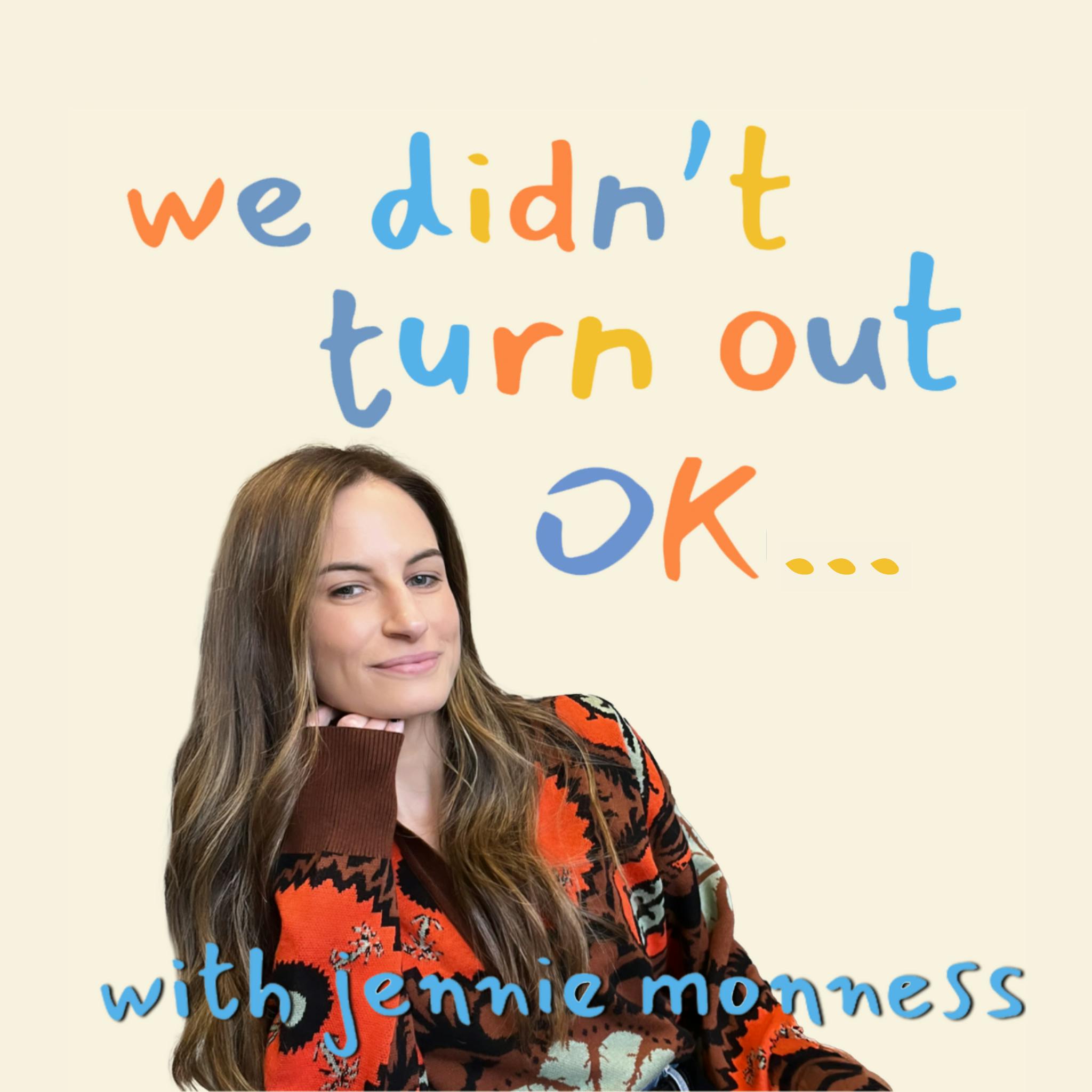
We Didn't Turn Out OK with Jennie Monness
Author: Jennie Monness
Subscribed: 7Played: 117Description
For the last two decades, I've worked closely with infants, toddlers, preschoolers and their parents—listening, guiding and supporting families and their young children. I've connected with so many parents through my social media account, texts, calls, and leading moms' groups. When we have open, honest and vulnerable conversations—no matter who you are as a parent—that's how we connect, learn and grow.
We also discover so much about ourselves and how that plays into our parenting. That's why I created We Didn't Turn Out Ok—a podcast where you'll hear real conversations about challenges we face in parenting, hear how we uncover the roadblocks, often from our own stuff, and listen to how we work through what's often keeping us stuck. There will be professionals in the field, noteworthy guests and everyone in between.
Using my own parenting journey and approach—combined with research-backed best practices—I am determined to help us all move forward from our areas of where we "didn't turn out ok." Every guest will be sharing openly and honestly knowing that it will help them grow as a parent but will also help all of you listening.
Welcome to We Didn't Turn Out Ok.


















